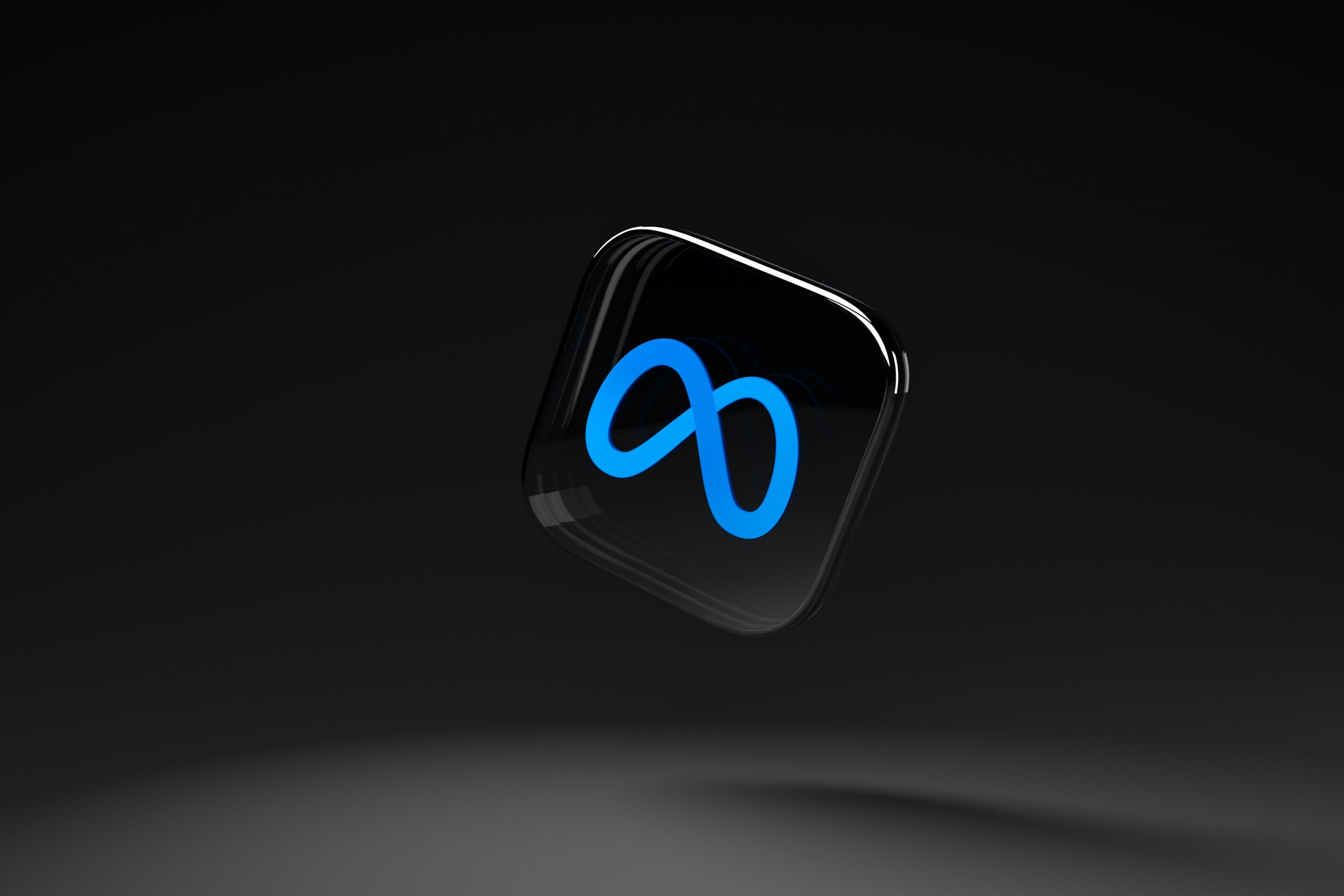Mark Zuckerberg, CEO of Meta, made ground-breaking declarations on the potential incorporation of generative AI into the company’s wide variety of products during the eagerly awaited Q1 earnings call.
Zuckerberg said, “The user experience will be revolutionized by this clever innovation, which is sure to enthrall tech fans everywhere.”
Zuckerberg reaffirmed his steadfast commitment to pushing the limits of AI technology when he said, “Our primary focus in AI revolves around developing robust foundation models that will unlock a myriad of new possibilities, including the revolutionary potential of Generative AI.”
He said with much excitement, “The ground-breaking work we are doing right now will affect every aspect of our huge ecosystem. I’m excited to share the outstanding advances we’ll be releasing in the upcoming months.”
The potency of Facebook and Instagram adverts and posts will be increased by Meta’s intensive exploration of generative AI integration with their visual production tools. To further pave the path for immersive experiences in the near future, the firm is aggressively studying video and multimodal interactions.
During an interview with Nikkei, Meta CTO Andrew Bosworth had already given readers a sneak peek at the amazing generative AI-powered ad creation tools.
Zuckerberg demonstrated the amazing powers of LLM-powered AI bots in a compelling way. These agents please users with their capacity to help and amuse them by having distinctive identities and skill sets.
With a goal to spread their presence across the whole Meta family, including multiple applications, consumer items, and the breathtaking metaverse, Meta wants to first bring these AI agents to well-known messaging services like Messenger and WhatsApp.
As part of its dedication to ongoing development, Meta created the Agent’s Playground, a unique, experimental interface powered by the amazing LLaMA technology.
Through this platform, consumers can communicate with AI bots and offer insightful input to help the company’s systems improve.
However, the incorporation of AI-driven suggestions into Instagram Reels has already shown Meta’s dedication to providing cutting-edge AI experiences to its vast user base.
A recent Reuters article highlighted Meta’s tenacious attempts to catch up in the field of AI-friendly hardware, which resulted in a sizable initiative intended to strengthen its AI infrastructure.
The impressive quarterly rise in capital spending of over $4 billion highlights Meta’s ongoing commitment to maintaining its leadership position in AI innovation.
It’s crucial to remember that Meta’s innovative incorporation of generative AI shouldn’t be interpreted as a departure from their lofty metaverse goals.
Zuckerberg, on the other hand, is convinced that Meta will only be able to maintain its vast multibillion-dollar investments in mixed reality experiences through the use of generative AI.
Users can easily create avatars, items, planets, and even code, which expands the metaverse’s potential.
In response to recent industry developments, Zuckerberg informed Meta staff members that he was unconcerned with Apple’s Vision Pro headset. He emphasized the low cost of their products as Meta’s competitive advantage.
He specifically called attention to the eagerly awaited Quest 3 headgear, which will be available later this year for a reasonable $499 price.





